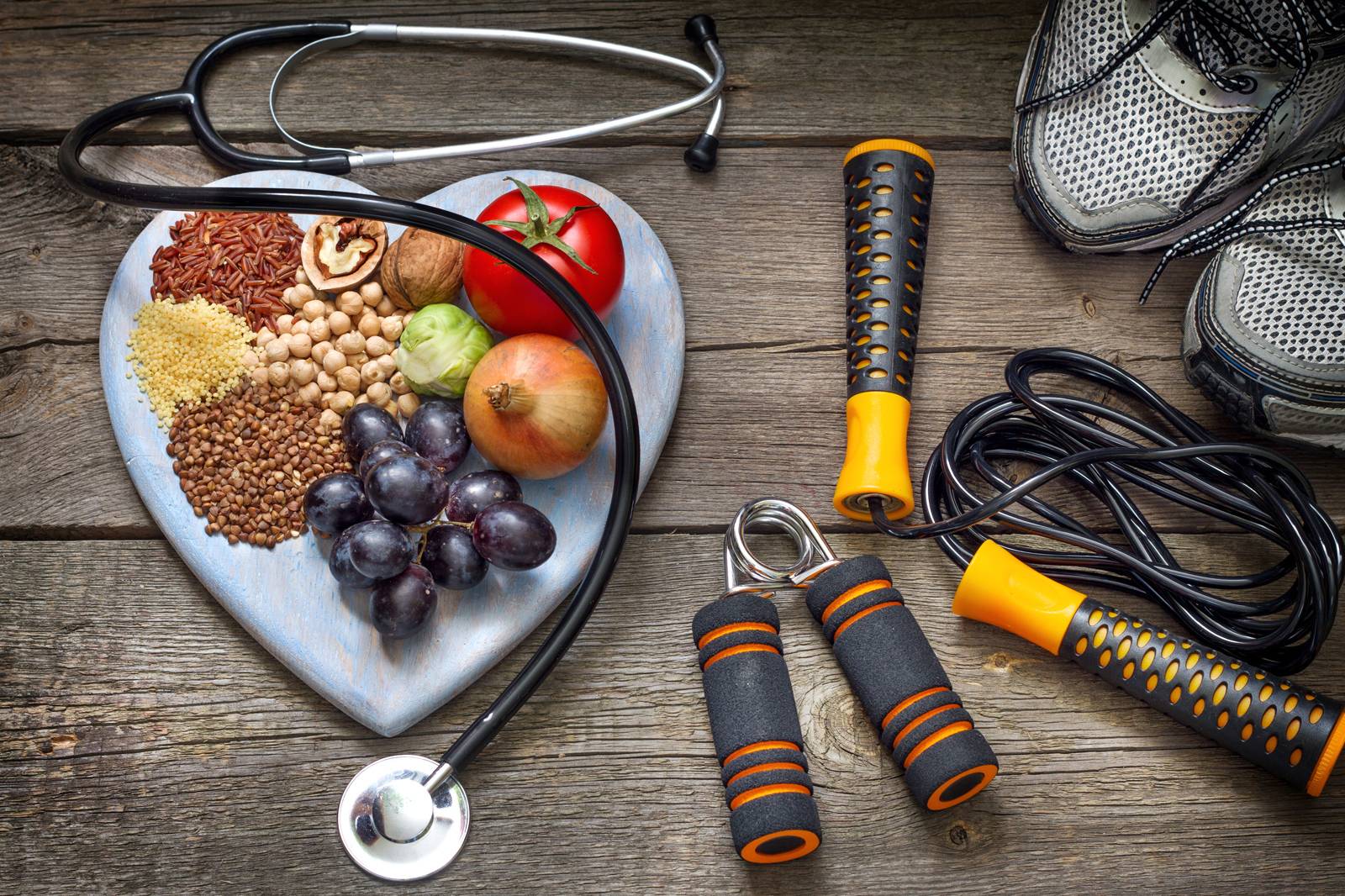
Although fruits and vegetables are rich in nutrients, they can be combined with other foods to help you lose weight. Combine them with low-carbohydrate and protein foods to lose weight. Combining these foods with other low-carbohydrate foods can help you to reduce calories and lose stored fat. Greek yogurt has high levels of protein which will allow you to build muscle while also helping to reduce fat. It is also rich with calcium and vitamin, which can lower your levels of cortisol, which are fat-promotinghormones. Almonds are high in antioxidants, polyphenols, and can help stop the growth of fat cells. Combinations like this are organic, have been proven effective in increasing metabolism, burning stored fat, reducing food intake, and lowering overall food intake.
Fruits and vegetables
A diet high in fruit and vegetables has many health benefits, including lower heart disease and stroke risk. The Nurses' Health Study is a Harvard-based research study that found that a diet high in fruits and vegetables lowers your risk of stroke and heart disease by almost 50 percent. The 14-year-long study followed nearly 110,000 individuals and found a reduction of heart attacks, cancer and other diseases.

A small portion of fruit, vegetable or other food containing less than 100 calories does not constitute a full meal. A piece of fruit has more water and fiber per serving than a regular meal. You can lose weight by eating fruits and vegetables regularly. Also, they are very filling and will make you feel full longer. Fruit juices can be very filling. A whole fruit piece will make you feel fuller longer.
Protein
In order to lose weight, combining carbohydrates and protein can increase your metabolism, stabilize your blood sugar levels and keep you fuller longer. The combination of carbohydrates and protein is powerful for losing weight and maintaining a steady metabolism. Tens of millions suffer from high blood sugar in the United States. A small amount of protein should be included in each meal. Aim to eat only one to two servings per day. This will help you lose weight more quickly than if your daily intake is too high.
A high-protein diet can help you lose weight and improve your health. Proteins can alter hormone levels and affect your appetite. They also help fill you up and reduce your cravings, so it's important to include plenty of healthy fat in your diet. Egg whites can be reduced in calories, but not sacrifice protein. Try to consume 2-3 egg whites per day.
Low-carbohydrate
Low-carbohydrate meals include vegetables high in vitamins, fiber, and protein. Low-carbohydrate options include carrots, Brussels sprouts, and sliced chicken. It is also possible to prepare a meal using fish or beans. A steak and vegetable stir fry takes just four minutes. Cauli rice takes five minutes. For dessert, choose low-carb chocolate.

Fiber-rich foods will help you feel fuller for longer. High-fiber carbohydrates can aid in weight loss by slowing down your digestion. Fiber does not digest food but simply pushes it through your body. Fiber can help you feel fuller longer and prevent you from eating too much. Combining carbohydrates and protein can help you lose fat and weight. These benefits are many.
FAQ
How to make an exercise plan?
First, create a routine. You should know what you will do each week and how long. This helps to plan ahead and avoid procrastination.
The second thing is to ensure that you have plenty of variety in your workout. Avoid becoming bored with exercise. If you do, it will be difficult to keep going.
It is important to track your progress. It's important that you keep track of the weight you have gained or lost over time.
If you start off by losing weight, it's easy to lose motivation if you don't gain any additional weight. You may find it difficult to stay motivated if your weight increases.
Find a healthy balance between losing weight and gaining weight. If you are unhappy with your current situation, you will be less inclined to exercise.
Why exercise is important to weight loss
The human body is an incredible machine. It was designed to move. Whether we are walking, running, swimming, biking, lifting weights, playing sports, dancing, jumping rope, riding our bikes, or just standing still, moving our bodies helps us stay healthy.
Exercise burns calories and improves muscle tone. This helps you feel happier both mentally and physically. Exercise is an important part of weight loss.
-
Exercise can increase metabolism. Active people use energy. Every time you move, your heart beats faster, blood flows to your muscles, and your lungs absorb oxygen. All these activities use energy. Your metabolic rate increases, which means you'll burn more calories while exercising. Calories refer to how much energy you use during physical activity.
-
Exercise reduces appetite. Working out will help you to eat less and make you feel fuller all day.
-
Exercise increases strength. Muscle tissue requires more energy to function than fat tissue. To maintain your current weight, you'll need less calories if muscle mass is increased.
-
Endorphins are released when you exercise. Endorphins, hormones that make you feel happy, are released when you exercise. When you exercise, endorphins are released into your bloodstream. Endorphins are known to block pain signals from your brain. This provides a feeling if well-being.
-
Exercise increases self-esteem. People who exercise regularly tend to have higher self-esteem. It also leads to a healthier lifestyle.
Start small to lose weight. Add one of these tips today to your routine.
What foods help me lose weight faster?
By eating less calories, you can lose weight quicker. There are two ways to do this:
-
Reduce the amount of calories you consume daily.
-
Get more exercise to increase your metabolism.
It's easy to reduce how many calories you consume. It's no surprise that we are constantly bombarded with high-calorie fast food options. Here's how to lose those extra pounds.
-
Beans contain high levels of fiber and protein. Beans are low in fat and therefore a great choice for those who are trying to cut down on their caloric intake.
-
Oatmeal is low on calories but high in nutrients, such as magnesium or potassium. Oatmeal also contains less sugar that other cereals.
-
Eggs are high on cholesterol and protein. Eggs can be eaten once or twice per week to increase metabolism, which will help you burn more calories during the day.
-
Whole grain bread can reduce hunger pangs, so you might feel fuller for longer.
-
Dark chocolate is rich in antioxidants and flavonoids. These substances have been shown to improve heart health and lower blood pressure.
-
Cottage cheese is high in calcium, which helps to build strong bones. It also provides a good source of vitamin D, which boosts immunity.
-
Salmon is packed with omega-3 fatty acids, which promote brain development and improve cardiovascular function.
-
Green tea is chock-full of catechins, compounds that fight cancer and increase metabolism.
-
Broccoli is a great source of folic acid, which reduces homocysteine levels in the blood. High homocysteine levels have been associated with an increased risk of stroke and heart disease.
-
Yogurt is an excellent way to include probiotics in your diet without adding sugars. Probiotics are essential for digestive health.
-
Berries are a tasty snack that is also nutritious. There are many great sources of vitamins, minerals in blueberries, strawberries, blackberries and raspberries.
-
Avocados are bursting with healthy fats. A half avocado has only 80 calories and offers plenty of filling fiber and potassium.
-
Nuts are delicious snacks that also provide a lot of protein. You can choose from cashews or hazelnuts, almonds, walnuts or pecans.
-
Sweet potatoes are another starchy crop that is rich in beta carotene. This makes your skin glow. Orange sweet potatoes have a higher amount of beta carotene that regular sweet potatoes.
What is the difference between intermittent fasting or calorie restriction?
Calorie restriction can be defined as eating less than your body needs. Intermittent fasting differs from other types of intermittent fasting in that it does not restrict calories. Instead, Intermittent Fasting is about eating fewer calories per day.
Intermittent fasting can be more effective as it allows you to eat the foods you love and not feel guilty.
Both methods have their advantages and disadvantages. Therefore, you need to decide whether you prefer one method over another.
How long do I need to fast for weight loss?
The answer isn't as easy as it seems. A number of factors need to be considered when determining how many days of fasting are needed for optimal fat loss. These are:
-
Your age. You may find intermittent fasting too difficult if you're younger (under 40) because you have less time between fasts. If you are older than 60, you might find it difficult to maintain a prolonged period of daily fasting.
-
Your current body composition. If you already have a lot of muscle mass, you'll likely benefit most from longer periods of fasting. If you don't have a lot of muscle mass, shorter fasting periods may be more suitable.
-
How physically active are you. You may need to increase your fasting time if you exercise often. This will ensure you get enough rest between workouts.
-
Your past medical history. Patients with certain medical conditions, such as heart disease, diabetes, or cancer, may need additional fasting monitoring.
-
What is your tolerance for stress? Stressful situations can make us eat more. To avoid this, you might want to increase the lengths of your fasting window.
-
The type of diet you follow. Certain diets, like ketogenic diets, may require even longer fasting periods.
-
The quality of sleep you receive. Also, a lack of sleep has been linked with increased appetites and decreased metabolism. It may take some trial and error before you find the right combination.
-
The amount you eat of protein. Protein stabilizes blood sugar levels. Therefore, eating more protein could result in lower insulin levels. This would allow you to fast for longer periods of time.
-
People who want to gain weight or lose it will need to fast for longer periods of time than those trying to lose.
-
What proportion of calories do your fasting hours allow you to consume? Fasting for fewer calories a day can result in more fat loss than fasting to eat more calories a day.
-
Your overall fitness level. Faster people are more likely to be fit, and burn more calories during the day.
-
Your gender. Men tend to have greater appetites that women, so they may need a longer fast. Women are more likely to have smaller appetites and may need to fast only 20-30 minutes every day.
-
Your lifestyle. Are you someone who gets plenty of physical activity? Do you work out several times a week? Does your job involve sitting at a desk all day long? All of these things can affect the amount of time you should fast.
-
What amount do you spend on food each month? Eating healthy foods doesn't necessarily mean spending much money on groceries. Whole grains can be substituted for white bread, whole fruits can be purchased instead of candy bars and lean meats over fatty cuts.
-
You need to be able to control your hunger. Fasting may not be necessary if you don't want skip meals.
What foods should I consume during an intermittent fast to lose weight
You can lose weight by cutting out carbs. This means eliminating carbohydrate-based foods such as pasta, bread, rice, potatoes, or other carbohydrate food.
Because it makes you feel fuller, you'll want to limit your intake of protein. So you won't feel hungry as often.
Focus instead on healthy fats such as avocado, olive oil, nuts, seeds, and peanut butter. These foods can keep you satisfied for hours after they are eaten.
It's vital that you get enough water. Water helps you to stay hydrated which makes it easier for you to lose weight.
You may find that you actually crave these foods when you fast. However, you don't have the right to succumb to these cravings. If you do that, you may gain more weight then you lose.
You can avoid overeating by being mindful of how much water you consume each day. If you feel hungry, drink water and not reach for another snack.
This may seem counterintuitive. However, it's been shown to help you slim down. A study published in Obesity found that participants ate fewer calories when they drank plain water than sugary drinks.
Consuming water plainly also helped to decrease hunger. So if you really want to lose weight, skip the sweetened beverages and stick to water.
To lose weight, you don’t have to count calories or restrict certain foods. Instead, you should make small lifestyle changes.
Start by switching your regular breakfast sandwich for a bowl oatmeal. Alternately, you can swap your afternoon cookie with a piece de fruit.
These simple swaps can add up over time to help you shed excess weight without spending hours in your kitchen.
Statistics
- According to a study sponsored by the American Council on Exercise, a person weighing around 140 pounds (64 kg) would burn 108 calories at a 30-minute beginner's Pilates class or 168 calories at an advanced class of the same duration (26). (healthline.com)
- One 6-month study showed that simply doing 11 minutes of strength-based exercises 3 times per week resulted in a 7.4% increase in metabolic rate, on average. (healthline.com)
- A 12-week study in 20 women with obesity found that walking for 50–70 minutes 3 times per week reduced body fat and waist circumference by an average of 1.5% and 1.1 inches (2.8 cm), respectively (healthline.com)
- According to Harvard Health, it's estimated that a 155-pound (70-kg) person burns around 167 calories per 30 minutes of walking at a moderate pace of 4 mph (6.4 km/h) (5). (healthline.com)
External Links
How To
How to lose weight quickly and without doing any exercise
You can lose weight quickly by eating less calories than what you burn. This will allow your body to begin burning stored fat for energy. In order to get enough calories your body will start to degrade muscle tissue. This can lead to some muscle loss. Although you can lose weight even if you aren't working out, it's likely that you'll lose more muscle mass.
The key to losing weight fast without working out is to reduce your calorie intake. Most people think they should reduce their food intake to lose weight, but this isn't true. When you're trying to lose weight, you want to make sure you're eating fewer calories than you're burning. How much should you consume each day? It depends on how much you exercise each day. For example, someone who walks 3 miles daily would only need around 2,500 calories daily. One who sits at the desk all day would require 1,600 calories daily. For someone who exercises often (e.g. lifting weights), the daily intake would be around 1,600 calories.
If you are trying to lose weight, you should try to reduce your caloric intake. Many people believe they should eat less food to feel better. However, this is false. Your body doesn’t care about whether you’re hungry. It simply wants to function correctly. You need to track your calories intake to lose weight. There are many apps available online that allow you to monitor your calorie intake. These apps include MyFitnessPal and Calorie Counter.